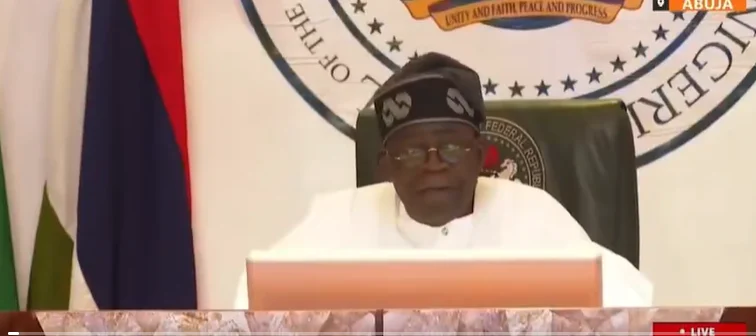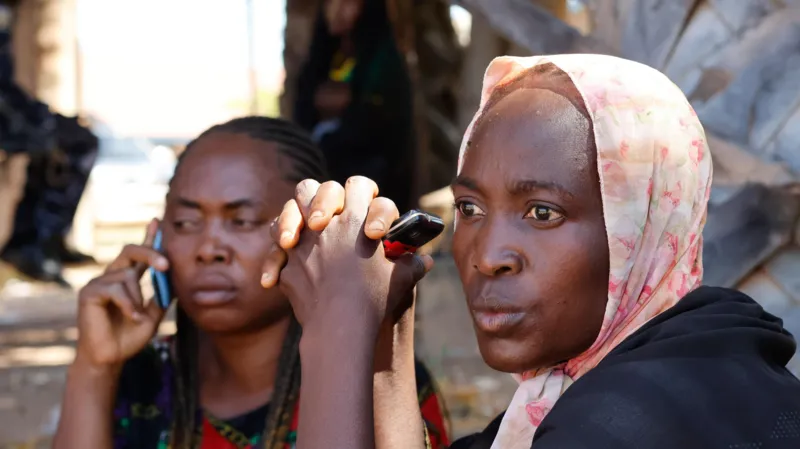Governor Hyacinth Alia of Benue State has sounded the alarm, declaring that the state is under siege due to the escalating security challenges. The declaration comes on the heels of relentless attacks by suspected herdsmen and other criminal elements that have left many communities in a state of perpetual fear and uncertainty. These attacks have resulted in loss of lives, destruction of properties, and the displacement of residents who are forced to flee their homes in search of safety.

The governor’s concerns are rooted in the alarming rate of kidnappings, killings, and vandalism that have plagued the state, crippling economic activities and sowing seeds of discord among communities. The situation has reached a boiling point, with many residents questioning the effectiveness of the current security measures in place. Governor Alia’s assertion that Benue is under siege underscores the urgent need for decisive action to restore peace and security in the state.
In light of this dire situation, Governor Alia has called on the federal government to intervene with haste. He advocates for an increased military presence and more effective policing strategies to tackle the menace head-on. Furthermore, the governor has appealed to the citizens to remain calm and cooperate fully with security agencies in their efforts to quell the crisis. This call for calm is crucial, as it is hoped that through collective effort, peace can be restored, and normalcy can return to the affected areas.
The crisis in Benue State mirrors the broader security challenges facing Nigeria, where banditry, kidnapping, and communal conflicts have become rampant. Addressing these issues will require more than just military solutions; it will necessitate a comprehensive approach that tackles the root causes of these conflicts, including land use disputes, grazing rights, and strained community relations. As the situation continues to unfold, the hope for a peaceful resolution remains a beacon of light for the residents of Benue State and indeed all Nigerians.

















